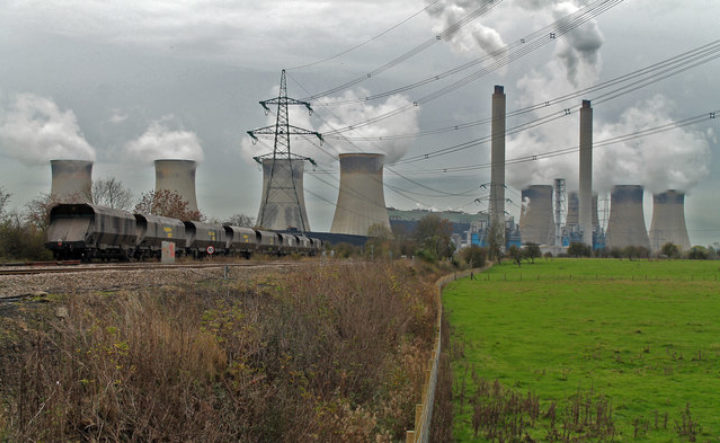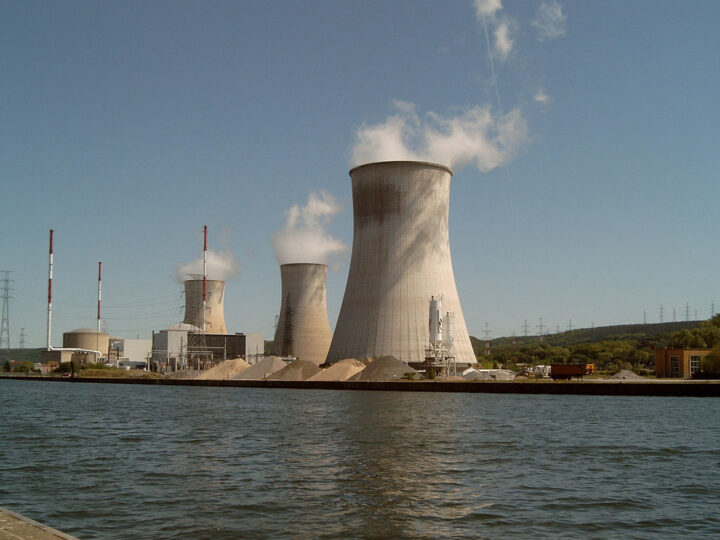NEMO, nuclear woes and tax confusion could add to UK coal bump
A surge of good luck could lead to a bumper few months for UK power generators
By Jonny Marshall
Share
Last updated:
This week saw the announcement that Britain’s latest power interconnector was ready to go live, connecting the British and Belgian electricity systems in a move widely seen as essential for smoothing out the bumps associated with a high-renewables power system.
Originally touted by National Grid and the Government as a source of power for the UK, press reports picked up on the fact that the seemingly never-ending woes with Belgium’s nuclear power stations could see power flow the other way, at least in the short term.
Capacity shortages in the nuclear-reliant state means that the wholesale cost of power in Belgium is Eur10-15/MWh higher than in the UK for the first quarter of next year, which will lead to traders and utilities looking to maximise their revenues by selling UK-generated power at a higher cost on the other side of the channel.
The new interconnector would therefore see the output from UK power stations, wind farms and solar panels ultimately end up being used in Belgian homes and businesses.
Coal Boost

When coupled with market conditions that are already favouring coal burn in the UK – and carbon pricing uncertainty that could further boost the economics of burning the black stuff – this extra demand could lead to a tidy few months for owners of the UK’s dirtiest generators.
Although there have been multiple closures across the UK’s coal fleet, sufficient capacity remains that – if all run at full output – they could pump more than 20 TWh into the grid during the first quarter of next year, should the new link be fully commissioned and in service by the new year.
And while emissions (and thereby output) limits on some older plants, such as Aberthaw in Wales, make this maximum output unlikely, the favourable economics mean that a sizeable boost in coal is certainly possible. Extra demand on the British system from overseas will only add to this.
Were the 1GW interconnector to run at maximum outflow from the UK, and this demand met by coal, the UK’s fleet will boost output by more than 2.1 TWh in the first quarter of next year. This will incur carbon emisisons of around 1.8 million tonnes, just shy of the annual CO2emissions from Britain’s railways, which will add onto the UK's carbon budget.
Now or never?
Coal plant owners may choose to make as much hay as possible while the sun is shining, especially with the uncertainty that pervades over the future of the UK’s capacity market that could see contracts signed to provide availability in future years cancelled. The latest Government position implies that it will be well into 2019 before a decision on the ECJ ruling is reached, a lag which will not help utility bean counters.
A further boost to UK coal plants could appear in the event of a cut in pollution costs, which is a very real possibility in the event of a ‘no deal’ Brexit. When the new year starts, the UK may find itself no longer a participant of the EU’s emissions trading scheme, thereby sizeably reducing the cost associated with emitting a tonne of CO2.
If this loophole fails to be plugged – which is looking ever more likely as the Christmas break rolls nearer – UK-based generators will only pay the UK’s £18/tonne Carbon Price Support, rather than that and the cost of an ETS permit, currently just shy of Eur20/tonne.
Bucking the trend

With output bolstered by higher demand and more expensive gas costs, owners of UK coal plant owners are likely to be in jubilant spirits during Christmas party season, knowing that a windfall awaits them in the new year.
A return – however short lived – of burning coal to generate electricity in the UK runs contrary to the trend seen over the past several years. It is no secret that the power sector is the major driver behind the UK’s declining emissions, and that moving away from coal is the primary cause of this.
It is also a cause celebre of UK politicians, who are taking pride in leadership of the global Powering Past Coal Alliance, a movement with the aim of slowing down – and ultimately stopping – the rising growth of coal use around the world. They must be hoping that these short term trends do not continue all the way until the UK phases out coal entirely in 2025.
Share